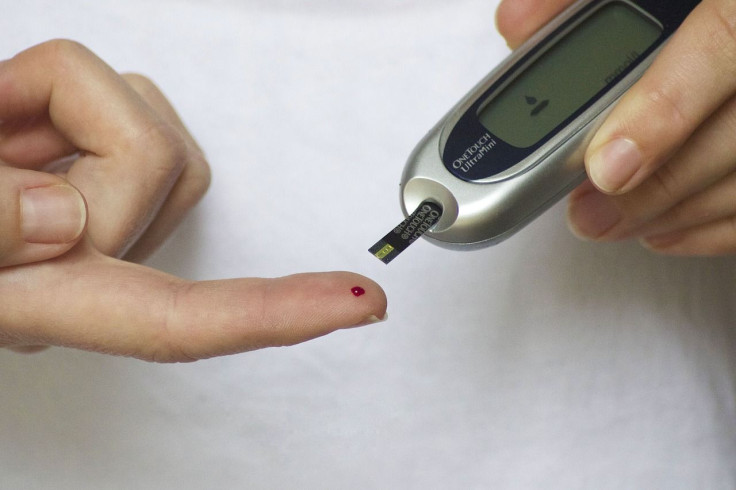'Higher Than Expected': 1 In 20 With Type 2 Diabetes Achieve Remission
KEY POINTS
- Information on how many people with type 2 diabetes are in remission is "limited"
- About 5% of type 2 diabetes patients in Scotland had evidence of remission
- Identifying the characteristics could help see who are more likely to achieve remission
About 5% of Type 2 diabetic patients in Scotland have achieved remission of the disease, a new study has found. Many of them achieved it even without bariatric surgery and outside of research trials.
By 2019, about 463 million people worldwide had been diagnosed with diabetes, 90 to 95% of whom had type 2 diabetes, the researchers of a new study, published Tuesday in PLOS Medicine, noted. In the U.S., for instance, there are about 34 million Americans who have the disease. It is estimated that the number of people with diabetes worldwide will have risen to 700 million people by 2045.
But it is possible for people with type 2 diabetes to go into remission. When this happens, it means that the patient's blood sugar levels are below the diabetes range even without the need for diabetes medication.
In some cases, patients can achieve remission after bariatric surgery or being a part of a research trial on very low calorie diets, the Public Library of Science (PLOS) noted in a news release. However, just how many people in the general public with type 2 diabetes achieve remission remains limited, the researchers noted.
For their study, the researchers conducted a cross-sectional study among adults in Scotland with type 2 diabetes. They looked at 162,316 patients over 30 years old and found that 4.8%, or 7,710 of them, were in remission. That's about one in 20 of the study population.
They also identified the characteristics of those who went into remission, helping to determine which groups are more likely to achieve it and need further support.
"Compared to people who did not achieve remission, people in remission of type 2 diabetes tended to be older; have a lower HbA1c at diagnosis; have never taken any glucose-lowering medication; have lost weight since the diagnosis of diabetes; and have had bariatric surgery," the researchers wrote.
"Our prevalence estimates suggest that a reasonably large proportion of people achieve remission of type 2 diabetes in routine clinical care outside trial or bariatric surgery settings. The immediate implications for practice are that these people should be recognized and coded appropriately so they can be given adequate support and followed up to ensure continued care consistent with diabetes management guidelines."
According to the researchers, those who have yet to be prescribed with drugs to treat diabetes may be the group that's most appropriate to discuss remission and weight loss management options with. They note, however, that remission may not be permanent.
"We have been able to show, for the first time, that 1 in 20 people in Scotland with type 2 diabetes achieve remission," one of the study authors, Mireille Captieux of the University of Edinburgh, said in the PLOS news release. "This is higher than expected and indicates a need for updated guidelines to support clinicians in recognising and supporting these individuals."
"Guidelines are required for management and follow-up of this group and may differ depending on whether weight loss and remission of diabetes were intentional or unintentional," the researchers wrote. "Our findings can be used to evaluate the impact of future initiatives on the prevalence of type 2 diabetes remission."

© Copyright IBTimes 2024. All rights reserved.












